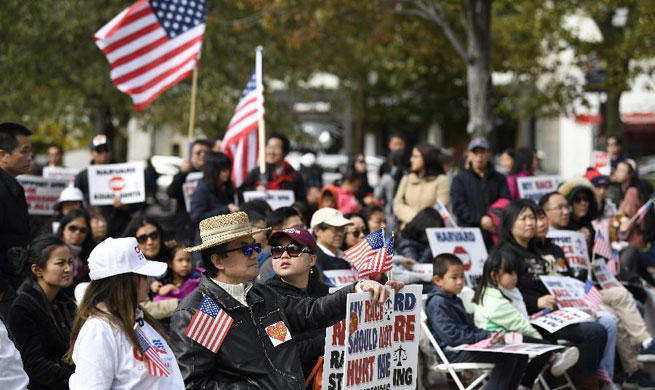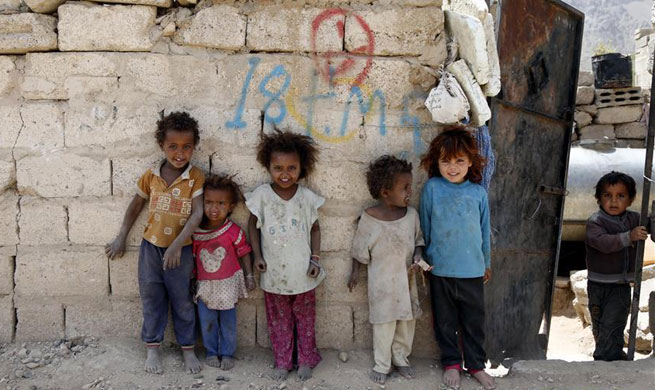HAVANA, Oct. 14 (Xinhua) -- Cuba on Sunday denounced mounting U.S. hostility toward the island two weeks before the United Nations (UN) General Assembly vote on a non-binding resolution calling for an end to the nearly six-decade blockade on the Caribbean country.
In the last few months, Washington has escalated the "hostile rhetoric" against the island to create greater bilateral tension, said a statement by Carlos Fernandez de Cossio, director of U.S. affairs at the Cuban Ministry of Foreign Affairs.
"Far from discussing on the basis of respect, ... the U.S. government resorts to fraudulent accusations and defamatory campaigns," said the statement, adding that Washington continues to "fabricate" false accusations against Havana like health incidents that affected U.S. diplomatic personnel based in Cuba.
In August 2017, there were reports that the U.S. and Canadian diplomats in Cuba had fallen ill in Havana back in late 2016. The United States later accused Cuba of committing unspecified health-related attacks.
After months of investigation, security agencies of both countries have demonstrated the alleged attacks never took place.
Fernandez de Cossio said that the White House seems to defend by any means the unilateral economic blockade on Cuba, a policy rejected by the international community year after year in the UN.
On Oct. 31, Havana will present for the 27th consecutive time before the UN General Assembly a non-binding resolution which condemns the unilateral embargo policy.
Last year, only the United States and Israel opposed the resolution, while 191 countries condemned Washington's outdated policy toward the Caribbean nation.
Havana and Washington officially resumed diplomatic ties in 2015 under the Obama administration. However, bilateral relations have deteriorated since U.S. President Donald Trump took office.
Last year, Trump signed a presidential memorandum toughening U.S. policy toward Cuba, a document that prohibits U.S. companies from doing business with firms associated with Cuba's military, and restricts U.S. citizens' travel to the Caribbean nation.
In its annual report to the UN, Havana noted the embargo costs Cuba billions, with losses totaling more than 4.3 billion U.S. dollars between April 2017 and March of this year.













